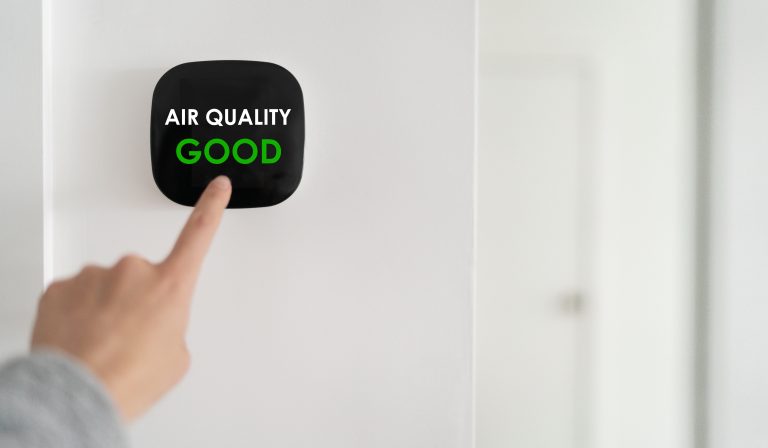Breathing good-quality indoor air is crucial for the excellent health and well-being of the occupants, especially since most individuals spend a significant amount of time indoors. Thus, homeowners must intentionally improve this element.
Once they do so, they can eliminate infectious diseases that may affect their family members and visitors, such as allergens and bacteria that may trigger asthma symptoms or cause respiratory infections. In turn, they can all live in a healthier and more comfortable living environment without constantly worrying about possible health triggers.
This article provides you with four strategies for improving air quality at home.
1. Remove Bad Odors
One of the most common indicators that an indoor space has poor air quality is the odor, which can affect the comfortability of the residents. While some stinky products don’t necessarily affect human health, few of them emit irritants that might trigger allergic reactions and asthma attacks in individuals who smell them for more extended periods. Also, products like new furniture might release volatile organic compounds into the air, which may cause headaches, nausea, or cancer.
To get rid of foul odors in residential property and improve air quality inside your residential property, you have to regularly take the trash out and run the garbage disposal to avoid waste buildup. In addition, you have to eliminate pet waste instantly by scooping the litter container daily and wiping it with an enzymatic solution to prevent the odor from spreading all over your house. Once you remove these stinky things, you must make your home smell good by lighting a scented candle and using vanilla extract. You can also check the web for more info about keeping your home smelling amazing.
2. Check Your AC Filter And Air Ducts
Air conditioning systems are regularly working to provide families with the perfect temperature all year round. Since most people use this electrical device to sustain a calm indoor ambiance, homeowners must ensure it works, especially during warm summers. However, most individuals fail to run a thorough annual AC unit checkup, which causes inefficiency in good air quality products and demands costly repairs.
To improve air quality in your residential space, you must regularly change your AC filters to get rid of the dust and ensure this device produces fresh indoor air. Once you do so, you can boost the efficiency of your system by making it last longer and require less maintenance, which is a cost-effective option.
Another way to boost the indoor air quality at home is by monitoring the performance of air ducts since these elements are liable for evenly distributing cold and hot air throughout your property. Without checking if they’re properly installed, they might not be able to provide a comfortable climate in each room, which might affect the resting experience of your family and visitors. Thus, you have to contact a professional who can ensure all your air ducts are circulating clean air.
3. Regulate Indoor Humidity
High indoor humidity can significantly affect how individuals feel indoors and the overall condition of their residential properties. With too much moisture, this condition may peel wallpaper and paint, deform wooden floors, discolor walls and ceilings, and emit foul odors in every area. If it remains ignored, homeowners would have to pay expensive and time-consuming fees to repair this type of damage.
To improve indoor air quality, you must regulate the humidity inside your home by raising the temperature of cold surfaces where moist condensation happens. You may use storm or insulation windows and open doors between rooms to boost circulation and control moisture. Alternatively, you may use a well-placed humidifier that will enable you to sustain humidity levels and make comfortable living conditions in your house.
4. Keep Your Home Dust Free

Most homeowners believe regularly sweeping the floor, and dusting windows is the only way to implement the cleanliness of their indoor spaces. However, they should also take some time to clean around piles of messy belongings by decluttering their areas so they can prevent dust from building up. Doing so can help prevent themselves from getting asthma and allergies, significantly improving their lifestyle and well-being.
You have to reduce the number of dust particles by committing to a no-shoe policy inside and investing in a good-quality doormat to prevent dust from entering. If you have pets, you should designate an easy-to-clean area outside to prevent their errant hair from spreading to other busy areas at home. Also, you must clean your sheets often by washing them weekly and changing your comforter at least once a month.
Key Takeaway
As a homeowner, you should always maintain the cleanliness inside your residential property to ensure that your family and visitors are inhaling fresh air. With that, you should consider following these four strategies to improve air quality at home. Once you do so, you can keep dust particles away, get rid of foul odors, and ensure that your AC system is working correctly.

